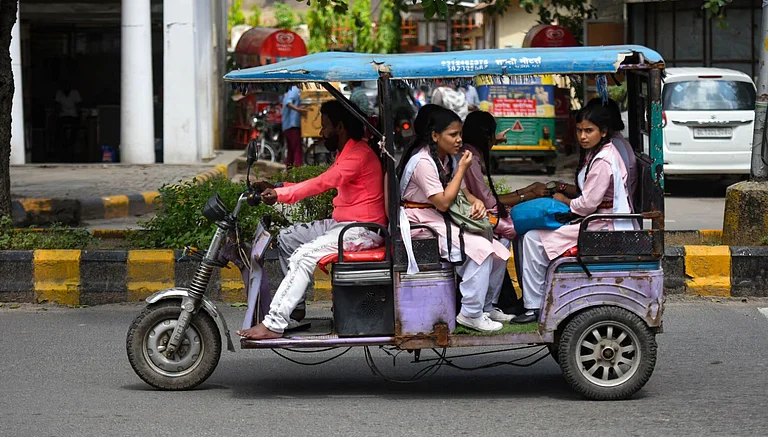The Virtus, the sedan counterpart of the sixth-gen Volkswagen Polo, has made its world premiere in Sao Paulo, Brazil. The Virtus is likely to replace the Vento (also known as the Polo Sedan) in several international markets. Volkswagen is likely to venture in new markets with the sedan as well.

The Volkswagen Virtus is based on the same MQB A0 platform that underpins the sixth-generation Polo, which was revealed in June 2017. The MQB A0 platform is the smallest avatar of the German major’s popular MQB platform (Modularer Quer Baukasten a.k.a Modular Transverse Matrix).

Like the Vento, which looked identical to the fifth-gen Polo, the Virtus looks like a carbon copy of the sixth-gen Polo, except for the addition of a boot. The Virtus retains intricate design elements, such as the arrow shared arrow-shaped 'tornado' double-sided shoulder line, first seen on the all-new Polo.

Things get different post the B-pillar! Compared to the Vento, the Virtus gets a relatively swooping roofline. This gives the all-new sedan a fastback like profile. The new wraparound tail lamps point inwards as it merges with the bootlid, which is very Audi-like.

The interior of the Virtus is identical to the Polo and includes a 10.25-inch digital instrument cluster and up to 8-inch touchscreen infotainment system, among others. In terms of dimensions, the Virtus is bigger than the Vento and the Honda City as well. Further, with a wheelbase that is almost identical to the outgoing VW Jetta, the Virtus appears to be more spacious than the Vento, especially at the rear.


When will it make it’s way to India?

Frankly, there’s no clarity on this yet! It depends on how quickly VW can localise the MQB A0 platform in the country. Volkswagen Group India, however, hasn’t given any indication that it will be doing so in the near future. Further, Skoda is expected to come up with an ECO car platform, which is believed to be loosely based on the MQB A0 platform, for the Indian market soon. When it comes to replacing the Polo and the Vento, it remains to be seen what the future has in store for us.

Under VW’s Transform 2025+ strategy, the German giant has given responsibilities to its various subdivisions rather than controlling them centrally from Wolfsburg. While regions such as North America, China, and the sub-Saharan region in Africa hold comprehensive responsibility for the entire spectrum of their respective businesses, its Indian subsidiary hasn’t been included in the new strategy yet.
Source: cardekho.com


























